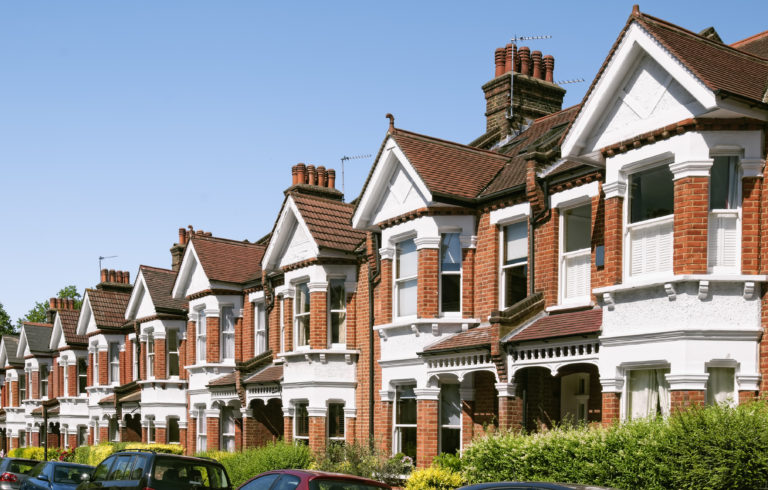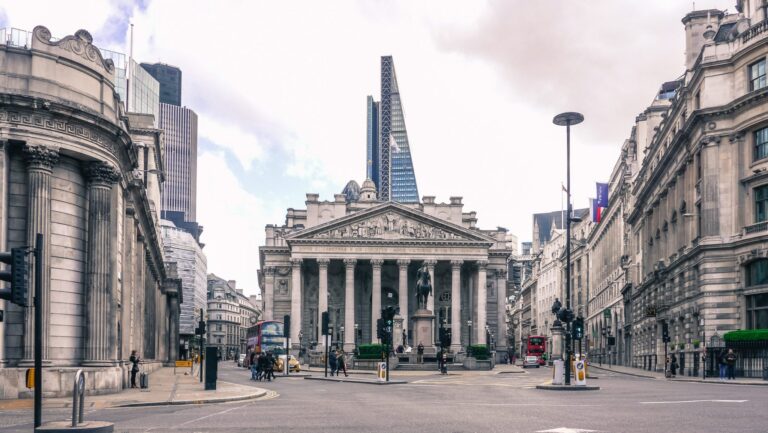Most sectors are likely to feel the effects of the coronavirus pandemic over the coming months, and UK house prices may not go unscathed. But history shows the housing market can be surprisingly resilient.
Coronavirus has already infected more than 340,000 people across the world, with the figures jumping daily. Most accept that the situation is going to get worse before it gets better. Meanwhile, millions of people who aren’t directly affected by the illness are going feel the impact in other ways.
This is the dark view many are facing right now. And in times of great uncertainty, there is a knock-on effect on the economy and numerous other sectors, housing included.
The pandemic has loomed in the immediate aftermath of the Brexit debacle. However, since the EU referendum, the good news is that the housing market, though it was affected, remained largely resilient. Places like London felt the effects most keenly, but housing markets in the north and Midlands have performed strongly throughout. In the north-west in particular, investors, buyers and sellers have remained unfazed, with house prices soaring in some areas.
UK house prices won’t crash
While coronavirus is currently the overarching concern for many, that doesn’t stop UK house prices being a big worry. Whether you own your home, were hoping to get onto the property ladder, are looking at downsizing or even rent, it will affect you. As property expert Henry Pryor wrote:
https://twitter.com/HenryPryor/status/1239853724425691136?s=20
The verdict right now is that, as you would expect, no one knows how this will affect house prices. The future of the virus’s spread is uncertain, and uncertainty is never good for the market.
However, until very recently, the country’s housing market was at its strongest since before the EU referendum. While it is likely that transactions will slow down, because buying and selling may be difficult to do on a practical level if nothing else, they won’t stop. A short-term house price wobble is expected, but according to Stephen Maunder of Which, this will hopefully be short-lived.
“A rise in the number of people self-isolating could mean fewer properties becoming available, and thus fewer buyers viewing and bidding on homes. In short, more people will be staying put for longer.
“Fewer transactions could see house price growth slow right down, but it’s highly unlikely we’ll see any major crash in prices, and – as with Brexit – the market will eventually pick up pace again after a period of uncertainty.”
Regional disparity could continue
A report by Savills predicts the north-west and Yorkshire will see the biggest house price gains over the next five years. While this may be updated in light of recent events, this regional divide has been developing over recent years.
Part of the reason for this is the sheer expensiveness of the capital. Many people simply cannot afford to buy there, and seek to get more for their money elsewhere. This applies for homeowners, first-time buyers and investors alike. During times of uncertainty in particular, these high prices can become more off-putting to many.
Miles Shipside, Rightmove director and housing market analyst, said: “The market has been waiting several years for a London recovery. With a window of post-election political uncertainty, 2020 seemed set to be the year when many would look to make a move and satisfy their pent-up housing needs.
“However, the current fast pace of the housing market could now be affected by the spread of the Covid-19 coronavirus.”
Some estate agents in London and elsewhere are noticing changes in behaviour now. Paul Cosgrove, director at estate agents Finlay Brewer, is one of them.
“The vast majority of our sales viewings — more than 90 per cent — went ahead up until Thursday last, March 12. However, since Friday both buyers and sellers are being much more cautious,” he said.
“The full outcome of coronavirus is not fully understood by anyone in the property industry as of yet, but in a similar way to Brexit, only very motivated buyers and sellers are keen to continue operating in this unknown environment.”
Capital appreciation vs rental yields
Over a long period of time, property prices tend to appreciate, particularly if you buy in a well-chosen location. This is in spite of the natural short-term rises and falls that will occur on a granular level, such as due to economic, financial and other events. This is why property investment is normally viewed from a long-term perspective, and subject to much less volatility than stock markets.
But for buy-to-let investors, it is also vital to consider the rental market when deciding on an investment. Rental demand in the UK is currently at an all-time high, and experts predict this will increase. As such, rental yields in some areas in particular are extremely strong. With high demand comes fewer void periods, which is another important aspect when calculating potential returns.
Last week, the government announced measures to protect the rental market. Landlords can no longer evict tenants from social and private accommodation. Further to this, the government is urging landlords to allow rent breaks if needed. Landlords with buy-to-let mortgages will also be able to apply for payment holidays if necessary.
Interest rate cuts will impact market
The Bank of England has made a further cut to interest rates, bringing the base rate down to just 0.1%. This comes just a week after its reduction of 0.5%, from 0.75% down to 0.25%.
The Bank has taken the step in an effort to “shore up” the economy as it struggles under the ongoing health crisis. Other central banks across the world have taken similar action.
In a statement, it said: “At its special meeting on 19 March, the MPC [Monetary Policy Committee] judged that a further package of measures was warranted to meet its statutory objectives.
“It therefore voted unanimously to increase the Bank of England’s holdings of UK government bonds and sterling non-financial investment-grade corporate bonds by £200 billion to a total of £645 billion, financed by the issuance of central bank reserves, and to reduce Bank Rate by 15 basis points to 0.1%.”
When the base rate falls, this normally influences mortgage rates. In particular, many borrowers on tracker rates will benefit from a reduction. But those looking for new mortgages or remortgaging could also find cheaper deals from lenders.
While this may not directly impact UK house prices, it could be an incentive for potential buyers, homeowners and investors. Having access to greater leverage could be a key aspect to keeping the housing market moving during this time.










